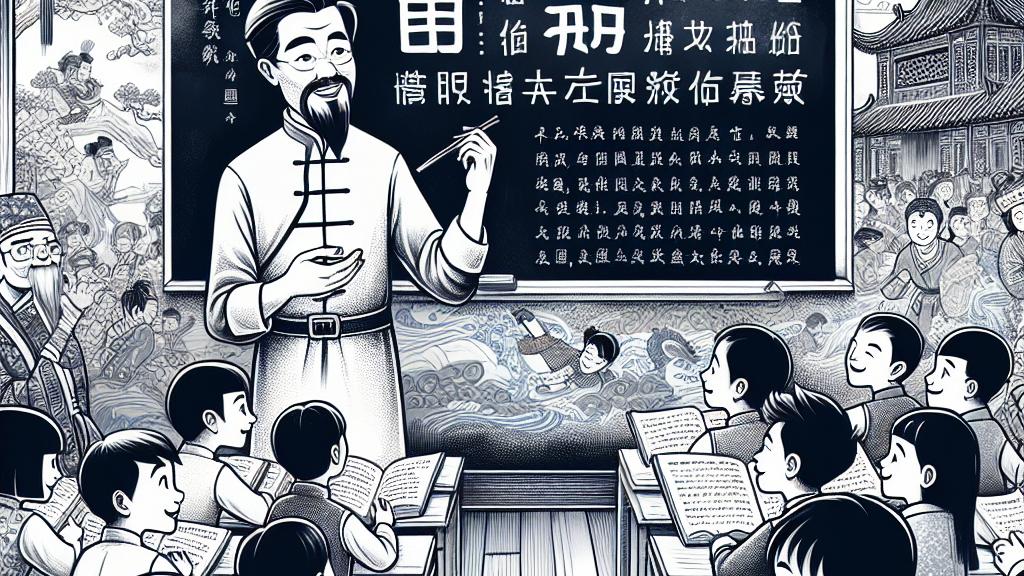Dialects on the Brink: A Heroic Fight for the Voices of Changsha!
Overview
- The Changsha dialect, central to local culture, faces extinction as younger generations prefer Mandarin.
- Various grassroots initiatives in China seek to revive and preserve regional dialects.
- Preservation of languages is essential for maintaining cultural diversity and community identity.

The Rich Heritage of the Changsha Dialect
Changsha, the charming capital of Hunan province in China, is home to a unique dialect that holds deep cultural significance for its inhabitants. Known as the Changsha dialect, this form of speech reflects the region's history, values, and traditions. Unfortunately, this dialect faces a critical threat as Mandarin's dominance in education and daily life grows, leading to a generational disconnect with local culture. Individuals like Mr. Zhou Sheng, a devoted dialect teacher, are stepping up to combat this decline. By teaching the dialect to primary school students, he fosters a sense of belonging and community among the youth. His lessons are not just about language; they incorporate stories and cultural nuances that remind students of their roots, sparking pride in their heritage.
A Collective Endeavor for Language Preservation
The decline of regional dialects like the one in Changsha is a widespread issue across China. In response to this cultural crisis, numerous initiatives are emerging to promote the revival of local languages. Community workshops, cultural festivals, and educational programs are being organized to engage people of all ages in the appreciation of their linguistic heritage. These efforts highlight the understanding that language is a crucial element of cultural identity, with each dialect representing a unique worldview and history. Furthermore, this movement is paralleled globally, as scholars and activists race against time to document dying languages, such as Aramaic, using fieldwork and technology to preserve voices before they vanish entirely. This highlights a collective awakening that transcends borders, as people recognize the fragility of cultural expression in the face of globalization.
The Role of Language in Shaping Identity
The preservation of languages goes beyond keeping words alive; it is about nurturing the cultural fabric of communities. Each dialect, including the Changsha dialect, weaves together local history, traditions, and shared experiences. By prioritizing dialect education, communities can empower younger generations to engage with their roots, thus reinforcing their cultural identity in a rapidly changing world. This is particularly vital in an age where over half the world's languages could disappear, diminishing the richness of human experience. Celebrating local dialects by teaching them in schools and promoting their use in everyday life enriches community dynamics and fosters inclusivity. As people from diverse backgrounds unite to preserve their languages, they contribute to a global culture that values diversity, depth, and connection, reminding us that every language lost is a story untold. The fight for dialect preservation in Changsha is a beacon of hope, inspiring others to safeguard the unique voices that define our world.

Loading...